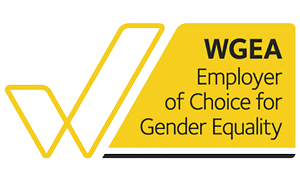Sustainability
How ORIX can help
multi-region fleets
go green
Switching a multi-country fleet of thousands of vehicles to electric to help a company meet its net zero emissions goal requires some agile thinking. Here’s ORIX’s suggested approach to better managing fleet emissions targets.
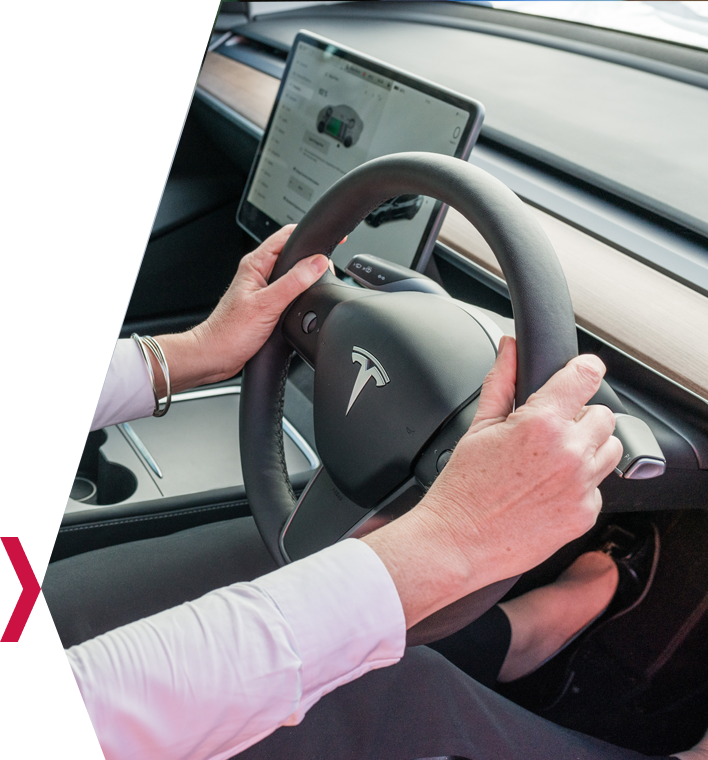
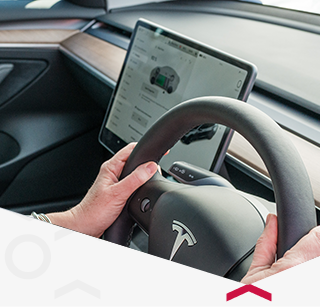
The opportunity:
Going green on a global scale
There are few tougher tasks than getting a multi-national company with global operations to reach net zero emissions. Yet, that is the goal for a pharmaceutical company with fleets across a number of APAC countries, each with diverse legislation, regulations and local agreements.
Globally, the company has set a target of net zero emissions by 2033. To help achieve this for its APAC operations, the company wants to transition 3,500 passenger vehicles in its APAC fleet – the majority fuelled by petrol, diesel or gas – to battery-powered vehicles.
Decarbonising fleets across several APAC countries poses a significant challenge where electrification presents material obstacles country by country. Additionally, each country’s fleet is managed by a different local fleet management company, creating a lack of cohesion.
- Pharmaceutical company
- 3,500 passenger vehicles
- Target of net zero emissions by 2033
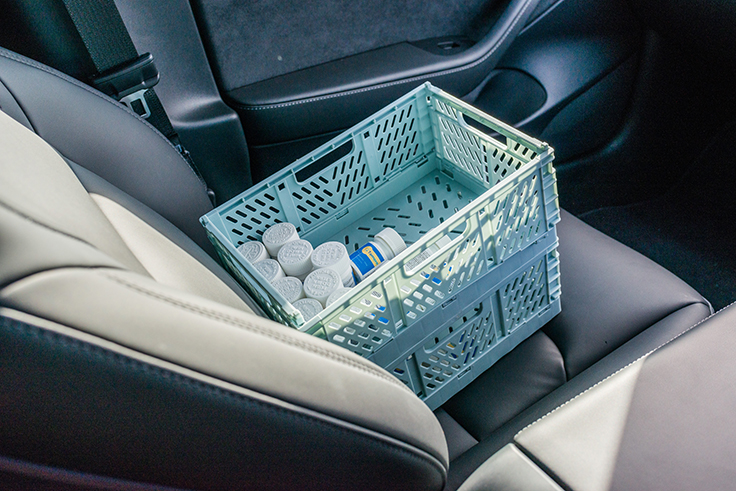
The actions:
A unique strategy for each location
ORIX Group's APAC operations enables ORIX Australia
to leverage local insights for handling country-specific practicalities and regulations.
Dealing with fleets operating in multiple countries requires an understanding of the various geopolitical and socio-economic environments – in this case in Australia, New Zealand, Japan, Indonesia, Malaysia, India and Pakistan.
With this in mind, ORIX Group has local operations across APAC enabling ORIX Australia to draw on local knowledge and expertise to navigate country-specific practicalities and regulations, drawing insight into country specific:
- Laws and regulations
- Availability of resources and technology to support an electric vehicle (EV) fleet (eg charging infrastructure)
- Availability of EVs
- Regional supply chains including available vehicle types, manufacturer locations, transport logistics, delivery timelines
For non-EV prepared APAC countries, ORIX Australia could work with regional operations to understand each country’s transport and emissions roadmap, using this information to work with the pharmaceutical company to revise country specific emissions targets over an extended timeline.
Also, by monitoring regional and geopolitical changes relating to carbon emissions, ORIX can continue to support the company with up-to-date electrification options to ensure it can continue tracking to its 2033 net zero emissions target.
The outcomes:
Tracking to net zero by 2033
With ORIX’s flexible approach to fleet decarbonisation, the pharmaceutical company could take notable steps towards meeting its 2033 net zero target, including:
- Transitioning 500 passenger vehicles to battery electric vehicles in the next 12-months as they approach the end of their current lease or lifespan
- A further 1,300 vehicles to transition in the next 24-36 months
- In agreement with the company, ORIX could work with non-EV prepared countries to halve their current carbon emission rates within the next six years
ORIX would also recommend the company consolidate the management of their entire fleet across the region, appointing a sole provider such as ORIX Australia to improve operational practicalities and running costs.
- Transitioning 500 passenger vehicles to battery electric vehicles in the next 12-months
- 1,300 vehicles to transition in the next 24-36 months
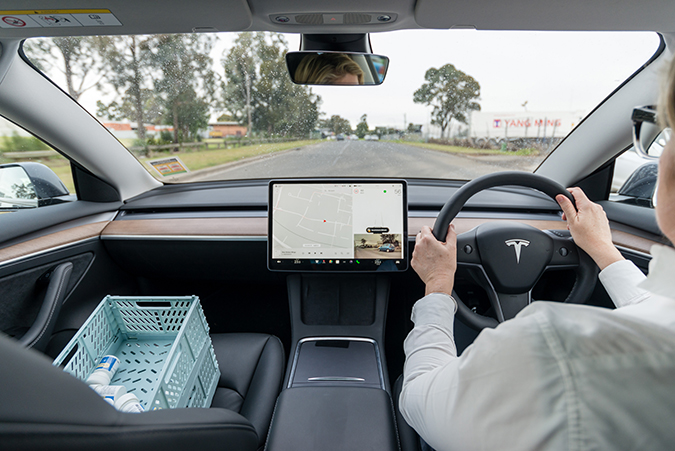

Get in touch
If you are looking for sustainable mobility solutions, talk with ORIX today.
Share
This case study has been created for illustrative purposes only. The benefits referred to in the case study are hypothetical and represents the potential outcomes our customers can achieve. The actual savings or results achieved may vary based on numerous factors and individual circumstances. This case study should not be considered as a guarantee or promise of specific outcomes. We encourage readers to consult with professionals and conduct thorough evaluations when making business decisions. The contents do not constitute financial or taxation advice and should not be relied upon as such.

